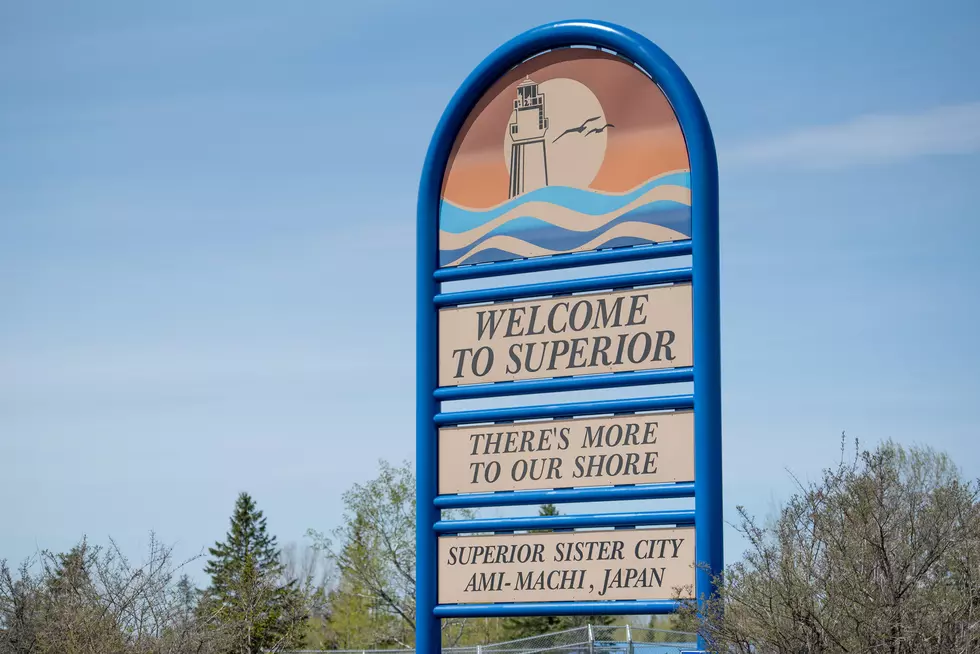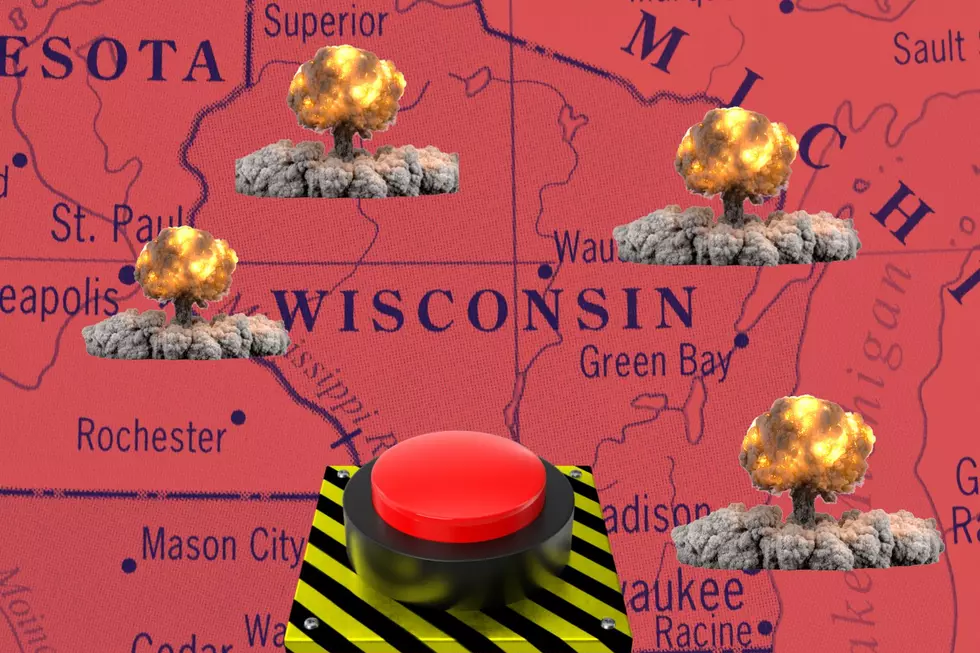
Superior Looks To ‘Green Future’ With Zero-Energy Homes
Higher building costs. A higher eventual mortgage bill. But long-term energy cost-savings - with a goal of using "zero energy". That's the goal of a plan put forth by a developer that's gotten the green light from the Superior Planning Commission.
At their meeting on May 18, members of Superior's Planning Commission voted to approve giving three parcels of city-owned land to a private developer to build "in-fill houses" - homes that are built on existing municipal parcels and not a new development. The developer - Green New Deal Housing - is a not-for-profit community development organization that aims to build homes that are incredibly self-sufficient and efficient.
Each of the three parcels involved were part of Superior's Vacant to Value: New Construction program, which offers "free, buildable lots for housing construction to get the vacant land back on the tax rolls and encourage owner occupancy of the new homes".
According to details shared in an article in the Superior Telegram [paywall], the lots are located in North End, Billings Park, and in Midtown - along North 28th Street.
While everyone agrees with energy-efficiency and seems onboard with the aim of reducing energy costs for homeowners, the cost of the homes and the eventual mortgage seem to be a sticking issue for some city councilors. Those with questions deliberated over the "affordability of the homes":
"Estimated construction costs are $457,100 each for the two-story houses and $465,583 for the single story house. According to a memo included with Green New Deal's application, the organization plans to sell with subsidized prices to buyers, who would pay no more than 3-% of their monthly income on housing costs."
Some of the councilors called the numbers "shocking", especially "for an in-fill house" in Superior. Superior Commissioner Brent Fennessey offered that "even if a buyer were to get a 30% subsidy to make the down payment, the mortgage would still exceed $300,000."
For their part, Green New Deal suggested that the lower eventual energy costs could offset "a slightly higher mortgage":
"In our work, we're focusing on something called zero-energy housing . This is housing that is all electric, uses solar panels and is built super-efficient. One of the main reasons we do that is it makes the operating costs of the home pretty stable and predictable."
After discussion, the commission eventually determined that their approval wasn't to be based on the affordability of a project, but rather whether or not a plan is sound, "functional", and "meets the purpose of the program".
The article in the Telegram details that the approval granted by the Superior Planning Commission will allow Green New Deal "to secure its financing, which would allow the city to move forward with development agreements for the construction of the homes". Any agreement for the future construction would still have to be met with approval by the Superior City Council.
13 Things You Never Knew Were Invented in Wisconsin
Here are the top 25 hits of the ‘80s based on their overall popularity.
15 Iconic Retail Stores That Don't Exist Anymore (But We Totally Miss Shopping At)
More From MIX 108







![Delicious! Here’s A Look Into The Brand New Chilly Billy’s In Duluth [PHOTOS]](http://townsquare.media/site/164/files/2024/04/attachment-ChillyBilly-8.jpg?w=980&q=75)

